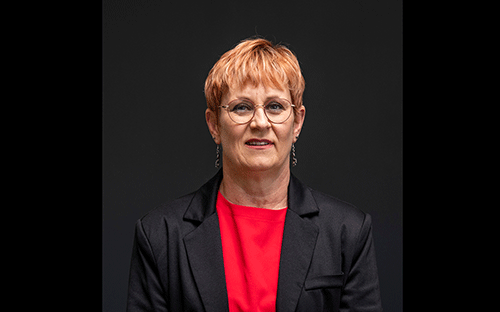In September 2024, Bank Windhoek published its third Sustainability Bond Impact Report, highlighting the impact of its financing initiatives during the 2023-2024 financial year.
The N$407 million raised from the inaugural issuance enabled the bank to advance sustainable finance in Namibia by supporting small-scale projects, and reinforcing its commitment to responsible business practices and environmental sustainability.
Bank Windhoek’s chief treasurer Claire Hobbs noted the bond allocation process has provided valuable insights into Namibia’s need for dedicated financial solutions that drive meaningful economic, environmental and social impacts.
“In response to this need, Bank Windhoek introduced the Sustainability Loan, ensuring that we continue to use our financial mandate to drive positive change. This offering, developed through funding from the Sustainability Bond, is designed to support individuals, businesses and communities committed to sustainability,” he said.
The Sustainability Loan offers competitive interest rates, flexible repayment terms and tailored financing solutions for projects that promote energy efficiency, renewable energy, sustainable agriculture and other environmentally responsible initiatives. The Bank believes that by making sustainable finance accessible, it aims to support customers looking to contribute to a greener future.
Based on various case-by-case financing needs, eligible applicants are those looking to implement sustainable solutions in areas such as sustainable water and waste management, renewable energy (solar, wind, hydro), green building and energy-efficiency upgrades, sustainable agriculture and eco-friendly farming and electric vehicle adoption and green transportation.
“This campaign empowers our clients who are committed to environmental and social responsibility. By integrating sustainability into our everyday banking solutions, Bank Windhoek plays a pivotal role in fostering economic transformation,” Hobbs said. She emphasised that the Sustainability Loan stimulates innovation in green technology, supports job-creation and contributes to long-term economic growth.
“As more businesses and individuals embrace environmental, social and governance (ESG) measures, we create a more resilient economy. Sustainable finance not only benefits the environment, but also strengthens market stability by mitigating risks associated with climate change and unsustainable practices,” she added.



